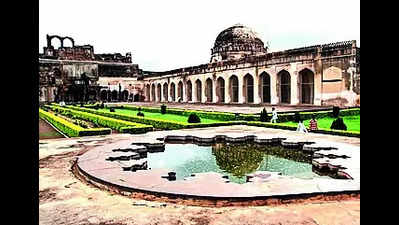
ASI officials expressed surprise, noting that Bidar Fort has long been designated as a protected site under Indian heritage law. Built in the 15th century by Sultan Alla-ud-din Bahman of the Bahmani Sultanate, the fort is one of Karnataka's prime heritage sites, drawing thousands of visitors annually. Its preservation under ASI means any claim challenging this status could set off significant administrative and legal disputes. The Waqf Board, however, maintains that its claim is backed by records indicating historical usage for religious purposes, sparking debate over the intersection of cultural heritage and religious rights.
Experts in heritage law emphasize the complex legal landscape surrounding such claims. ASI, as a central authority, generally oversees the conservation of monuments deemed of national significance, and heritage sites under its control cannot be reassigned without high-level clearances. The Waqf Board’s stance, however, rests on specific legal frameworks within the Waqf Act that allow for reclaiming assets tied to religious practice or ownership. Advocates for cultural preservation argue that such a claim, if successful, could impact other heritage sites, potentially creating a precedent for more such reclamations across the country.
This conflict extends beyond legal arguments, touching on cultural and political sentiments. Many in Karnataka view Bidar Fort as a symbol of the region’s diverse history, encompassing influences from the Bahmani Sultanate and beyond. Local historians and preservationists caution that reassigning its custodianship could disrupt the site’s management, as ASI follows strict conservation guidelines that may not align with waqf asset management practices. The Waqf Board, conversely, argues that its custodianship would honor the fort's historical and religious significance, providing a framework for community engagement and use.
The timing of the Waqf Board’s claim, which coincides with recent political shifts in Karnataka, has fueled speculations of underlying motives. Local politicians have weighed in, with some alleging that the claims are politically driven, reflecting a broader ideological push affecting heritage and cultural policy. Others view the claim as part of a genuine effort by the Waqf Board to reclaim assets that have historically belonged to the Muslim community. Yet, any adjudication on this matter will ultimately rest with the courts, potentially leading to a prolonged legal battle that could delay any immediate resolution.
